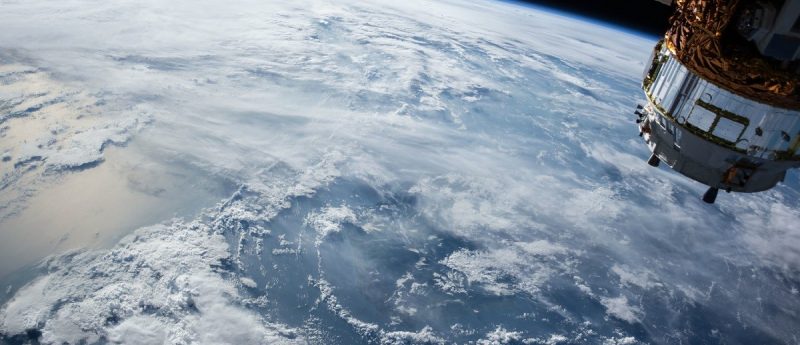Effects of bone-building protein on bone density to be tested in space

University of California, Los Angeles researchers will test their potential osteoporosis treatment in mice that will spend at least 4 weeks in space.
A treatment based on a bone-building protein, NELL-1, that could one day treat osteoporosis has been developed by scientists at University of California, Los Angeles (UCLA; CA, USA) and will be tested in mice that will be sent up and treated in the International Space Station for 4 weeks. In an American first, half of the mice will then return to Earth for another 4 weeks of treatment. The other half will continue to be treated in space for 4 weeks before returning.
“Our preclinical studies show that NELL-1’s dual effect on both osteoblasts and osteoclasts significantly increases bone density,” commented Kang Ting, chair of the section of orthodontics and the division of growth and development in the UCLA School of Dentistry.
NELL-1 has been shown to have a powerful effect on the tissue-specific stem cells that go on to become osteoblasts, making them more effective at building bone, and inhibiting the function of osteoclasts, that can break down bone. It is therefore hypothesized that NELL-1 could improve the bone density of patients with osteoporosis, individuals that have lost or damaged bone as a result of traumatic bone injury and astronauts that have lost bone density as a result of being in space, without gravity’s pressure.
“NELL-1 significantly increases bone density”
“To prepare for the space project and eventual clinical use, we chemically modified NELL-1 to stay active longer,” explained Ben Wu, chair of the division of advanced prosthodontics in the UCLA School of Dentistry and professor in the schools of engineering and medicine.
“We also engineered the NELL-1 protein with a special molecule that binds to bone, so the molecule directs NELL-1 to its correct target, similar to how a homing device directs a missile.”
Although the NELL-1-based drug has not yet been tested in humans or approved for human use, success here could lead to larger cohort studies based on Earth and eventually human clinical trials. Research into NELL-1 has previously been supported by the California Institute for Regenerative Medicine (USA).
Source: http://newsroom.ucla.edu/stories/mice-sent-to-space-to-test-bone-building-drug